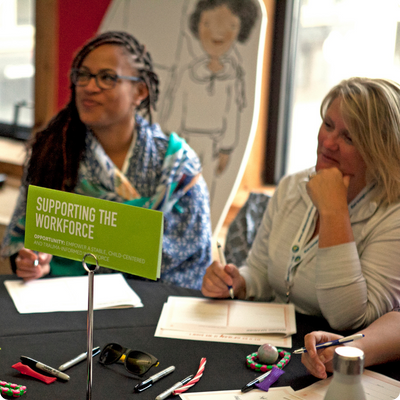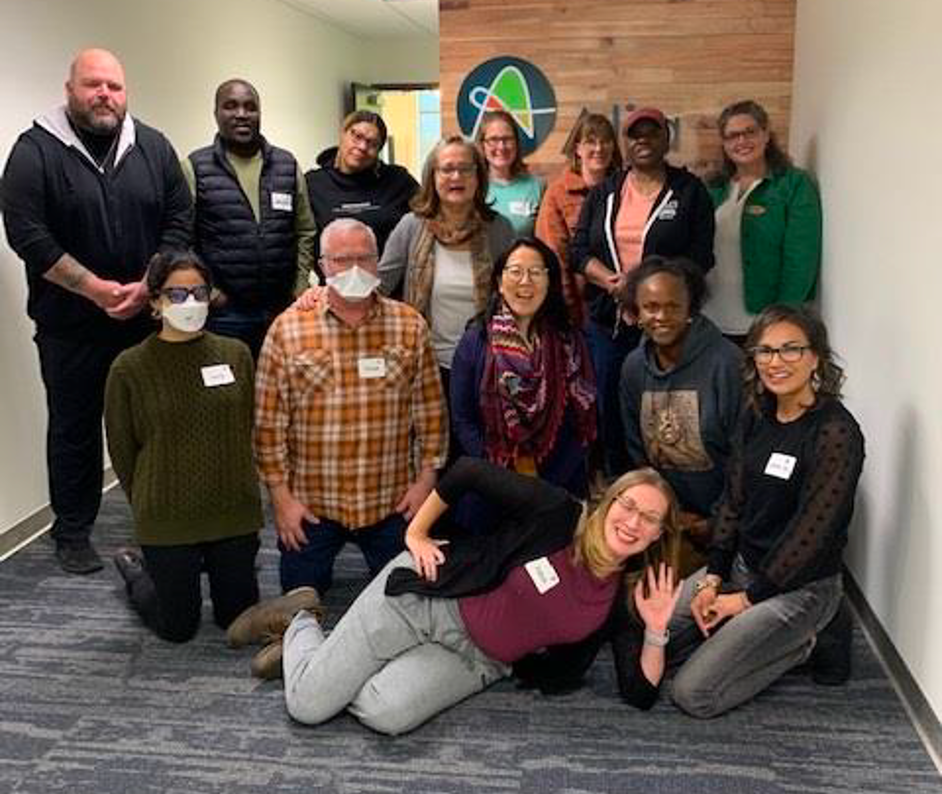
 For six years, the University of Minnesota’s School of Social Work and Alia have offered a Trauma-Effective Leadership Certificate that brings together a small cohort of leaders from private and public sectors to learn how to become inspired leaders who can create environments that are not only trauma-informed but also effective at mitigating and ameliorating trauma. I have had the honor of teaching this course and each time I do, I walk away with humbleness, gratitude, and new learnings.
For six years, the University of Minnesota’s School of Social Work and Alia have offered a Trauma-Effective Leadership Certificate that brings together a small cohort of leaders from private and public sectors to learn how to become inspired leaders who can create environments that are not only trauma-informed but also effective at mitigating and ameliorating trauma. I have had the honor of teaching this course and each time I do, I walk away with humbleness, gratitude, and new learnings.
Vulnerability plays a key role in becoming a trauma-competent leader. Vulnerability means leaders being willing to reflect on their past and current thoughts, experiences, and behaviors, and understanding how these factors contribute to their work culture. Essentially, they must assess their trauma. Let’s face it: today leaders are managing organizational change, hybrid models of practice, low retention, challenges with hiring, and organizations shutting their doors, to name a few – as well as grief and loss that can be associated with these things. These topics have been consistent in course discussions since the pandemic. Persistence with these obstacles can take a toll on anyone, creating pain and individual and collective trauma, ultimately impacting the work culture. This stands true for leaders as well, as they are at the helm trying to navigate the best decisions for everyone.
So, what is a leader to do? From reading and evaluating the work and reflections from leaders, what emerged as a common thread is being vulnerable does not come easy. It’s downright hard. There seems to be such a need for perfectionism (at a cost, I might add) and it is this that becomes a roadblock to vulnerability. The belief that you need to know everything, never fail, and always be prepared for the worst-case scenario. Sound familiar? This is traditional leadership, and Winston Churchill says, “perfectionism is the enemy of progress.” By giving up this idea of perfectionism, you create a safe space for others to be vulnerable too.
As leaders in the Trauma Effective Leadership Certificate manage challenges, they understand now more than ever the critical need for trauma-informed and trauma-effective leadership. Traditional leadership procedures can fail us and cause us to feel ill-equipped. However, by the very nature of being a leader, you have the capacity and authority to cultivate a community of healing through compassionate leadership. This requires vulnerability. Compassion fosters the space to heal, learn, adapt, connect, and recover.
To leaders: reveal your humanity. Be vulnerable and normalize and model similar emotions and behaviors impacting your employees. When people know they can bring pain to the office instead of concealing it, it creates psychological safety and regulation, allowing them to focus on their work.
Are there areas you may need to shift to lead with compassion? If so, what intentions might you set for yourself today?
You May Also Like
These Related Stories

Lessons for Leaders: Navigating the Complexities of Change

Data inquiry is really just storytelling


